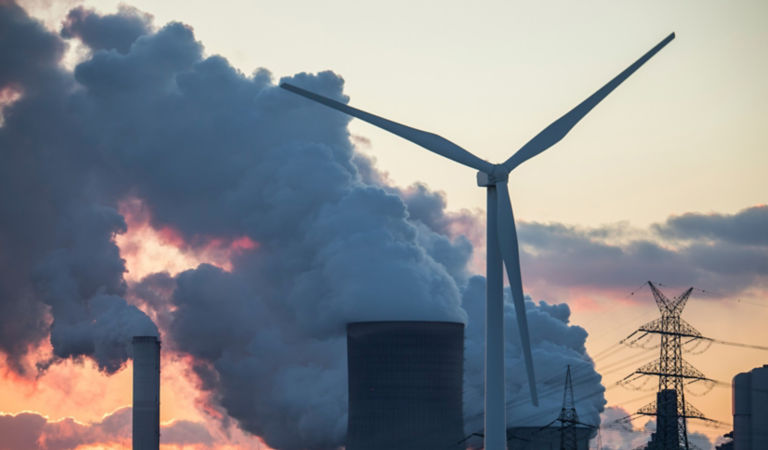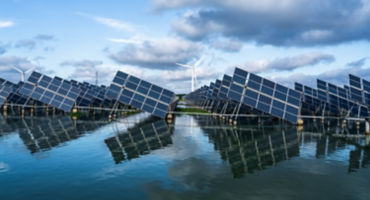Given the above, we think investors have two options: divest and send a one-off signal or invest selectively and drive change in those critical actors that can also benefit the wider fight against climate change. As research-based active investors, we believe we are well positioned to pursue the second option. In our company evaluations and engagement, we do not automatically exclude from our funds companies that today have coal as part of their power generation. Instead, we use our research insights to better understand the trend and future trajectory of a company’s carbon footprint. Before we invest in a company, we want to be comfortable that a plan is in place to dramatically reduce its carbon emissions. This includes assessing the speed at which a company is actively investing in renewables to reduce their coal dependency and the commitment of its board and management to achieving decarbonisation targets. In one respect, those companies who currently rely on coal but are investing the fastest in fossil-fuel-free alternatives are potentially doing the most to help our economies to decarbonise. In many cases, nearly all their capex is being applied in this direction.
As active investors, we look to speed up this transition further by engaging systematically with those companies based on our research insights. For instance, when a large US electric utility recently announced plans to reduce its carbon footprint by 80% by 2030, we discussed ways in which they could be even more ambitious and set a 90% reduction goal. In another instance, we engaged with a large European energy utility that, because of the energy crisis, had to increase its use of coal-powered energy plants, encouraging management to bring forward the expected retirement date for these assets from 2038 to 2030.
We believe that utilities that are transitioning from high carbon to low carbon offer the greatest potential returns over the next decade as the transition will result in higher growth rates that, in turn, may enable them to attract more sustainable investor capital, potentially leading to higher valuation multiples.
This secular transition also benefits from growing government support. In the European Union, the upcoming Taxonomy disclosures will highlight those companies that invest the largest percentages of capex to achieve global decarbonisation goals. Seen through this lens, we expect the global utilities sector to benefit from more positive market sentiment than is the case today when measured against backward-looking carbon measurement metrics.
In the US, we believe the recently passed Inflation Reduction Act (IRA) will also be positive for utilities due to the 10-year extension of renewable tax credits, which will further reduce the cost of renewables and accelerate the energy transition.













